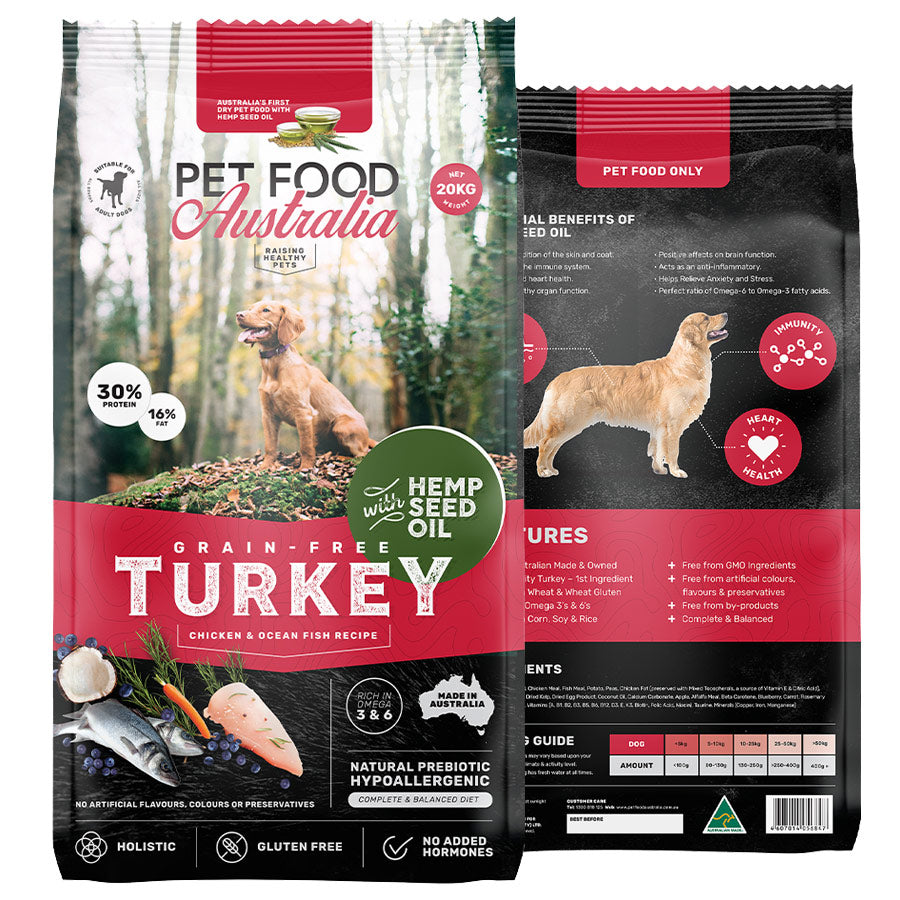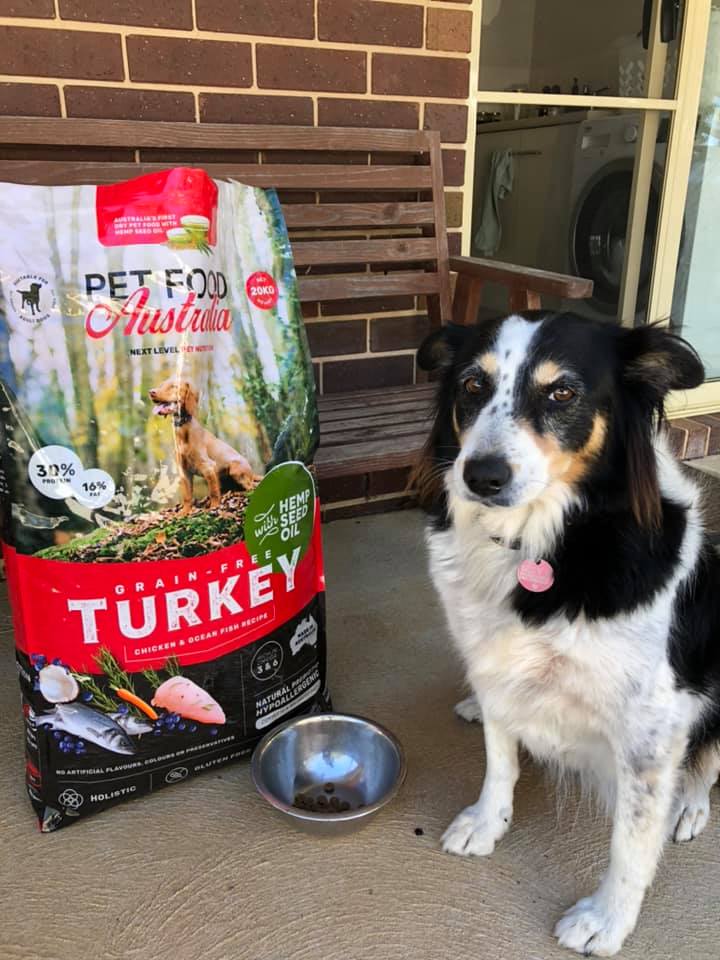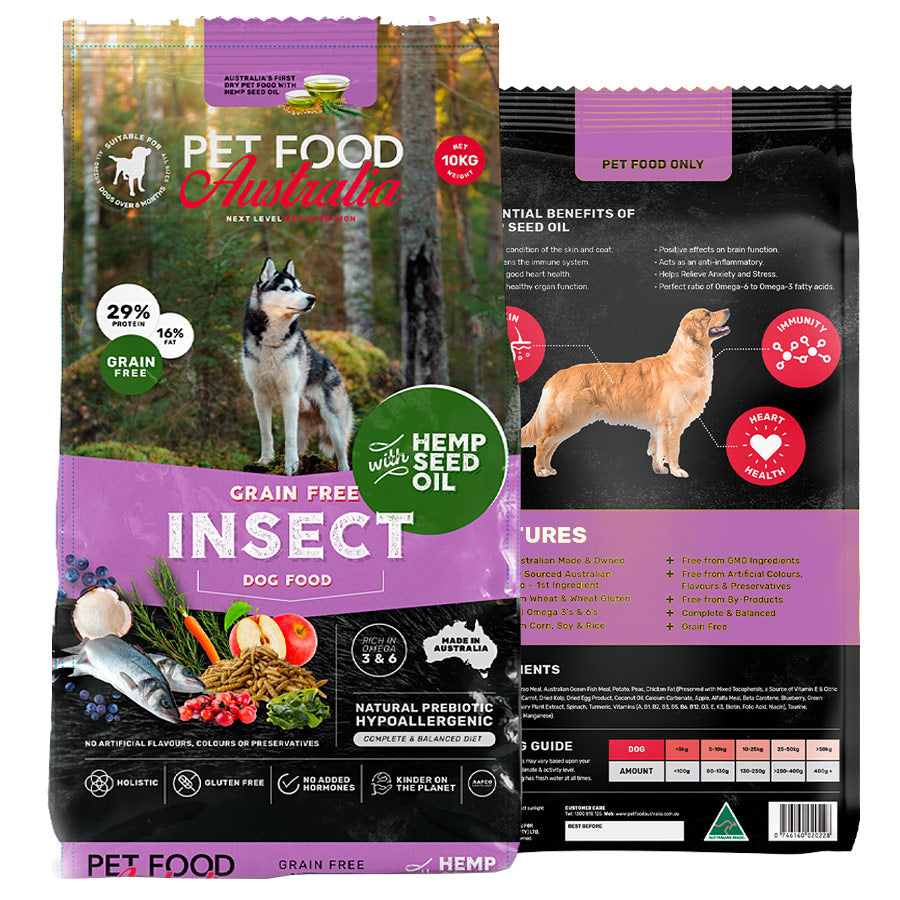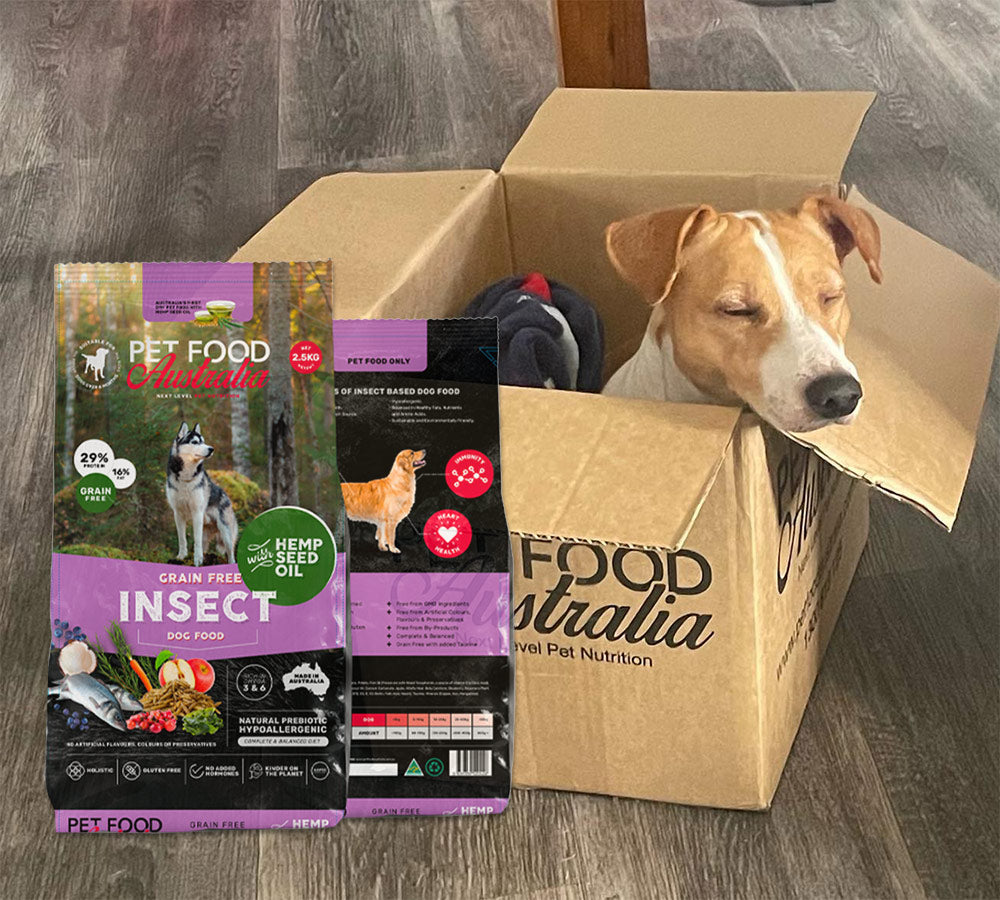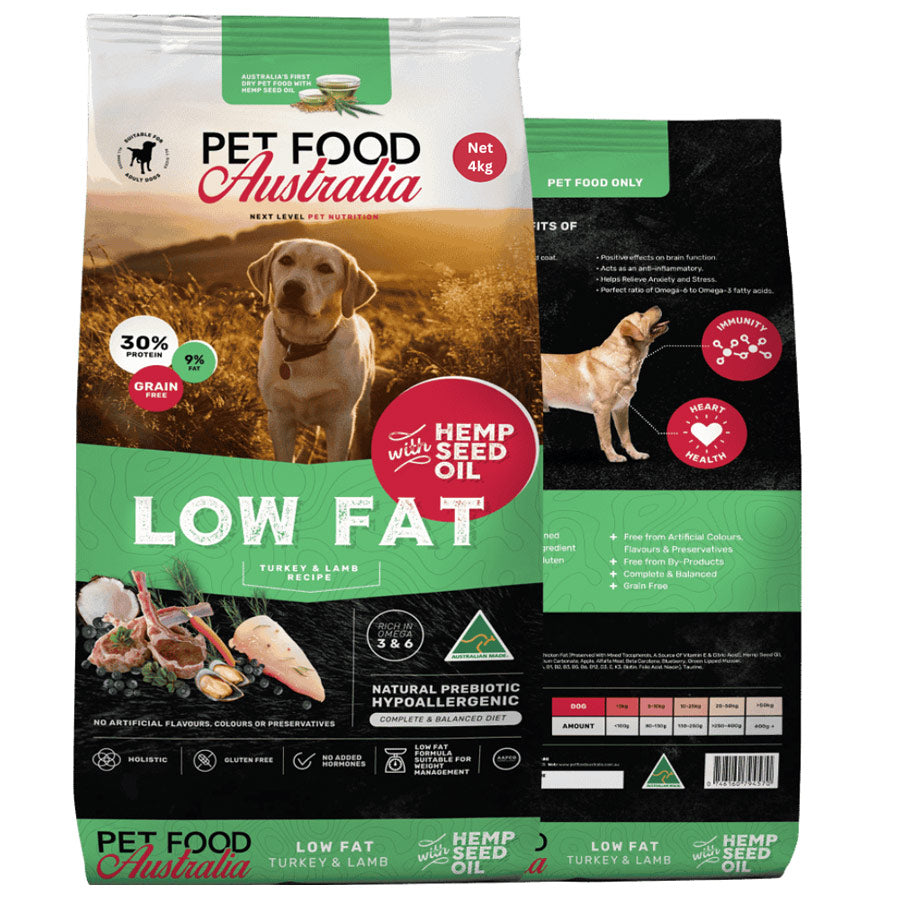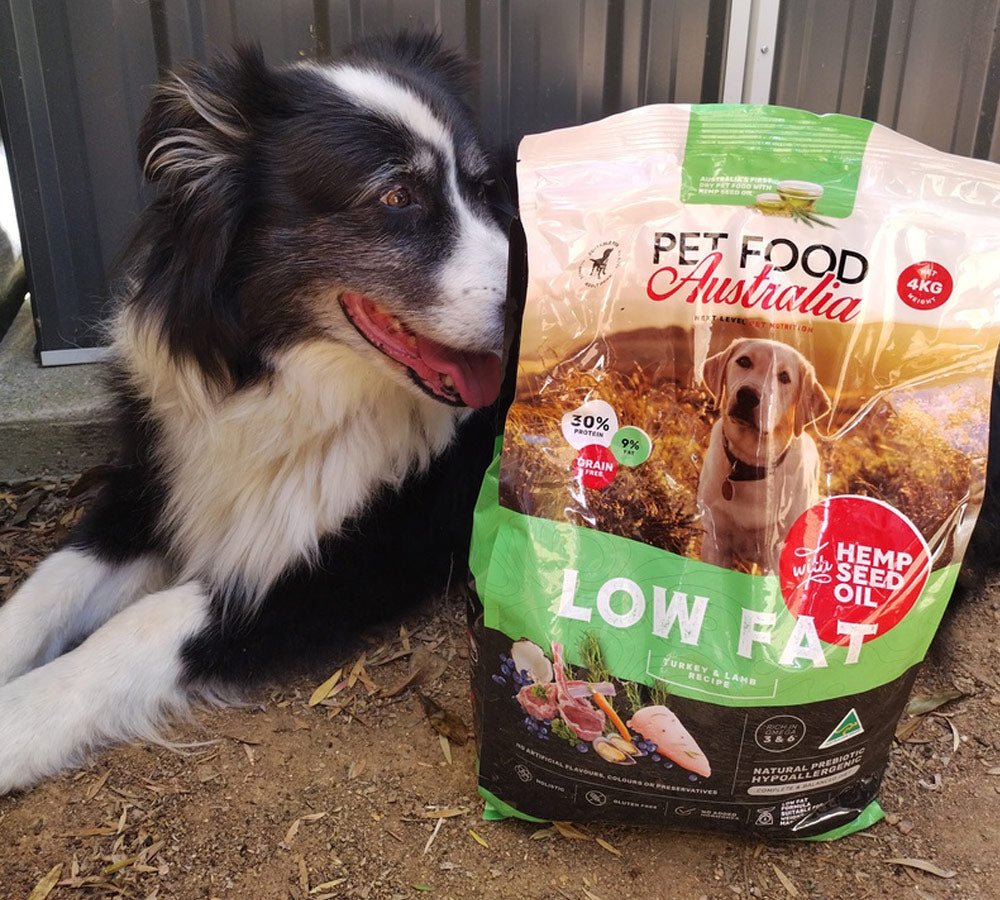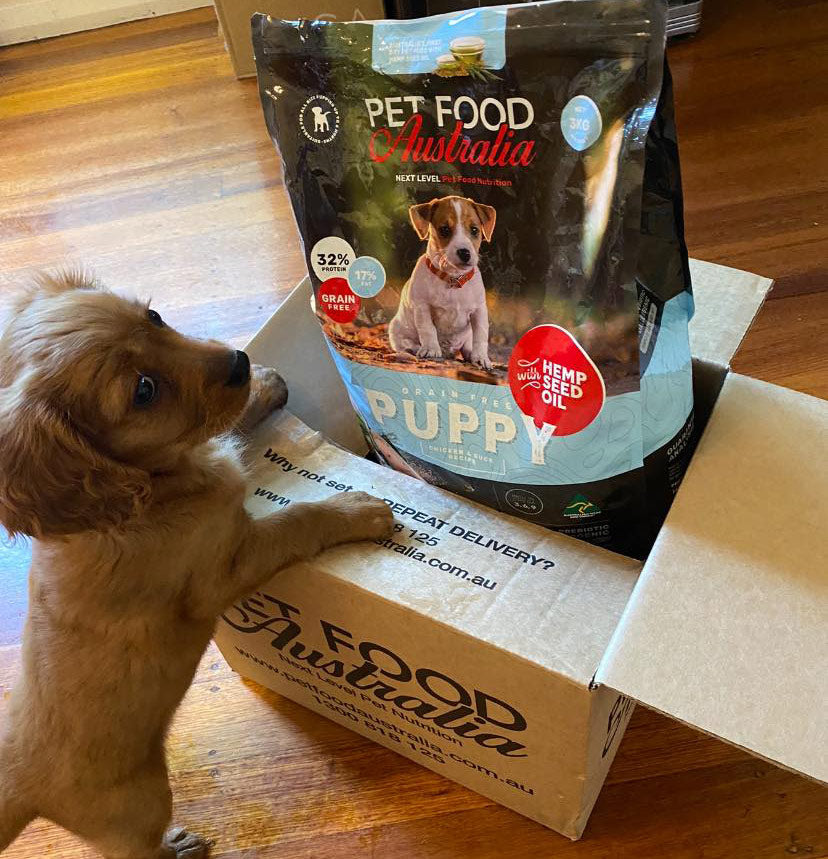How To Stop Destructive Chewing Behaviour In Dogs
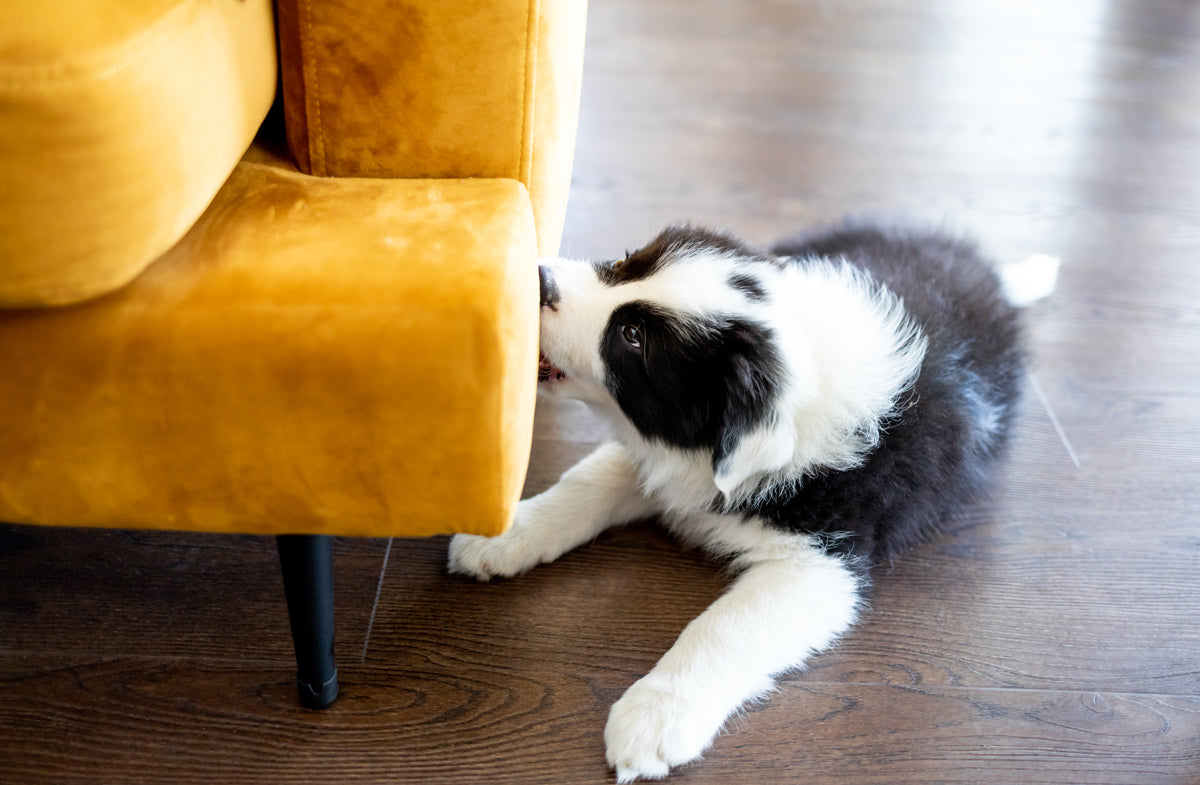
Firstly, in the dog's defence. Dogs examine and explore their surroundings by gnawing, tasting, sniffing, and shredding. They don't have hands like us, so their discovery process is an entirely different sensory experience.
Secondly, chewing is essential for a dog's dental health. It helps reduce plaque buildup and strengthens their teeth, so really, they're doing us a favour by caring for their dental hygiene. However, we also don't want to come home from work daily to a torn-up, unrecognisable home.
So, here's how to stop destructive chewing behaviour.
Dogs Chew For A Reason

Dogs don't wake up each morning and think to themselves, 'I am gonna tear this place up as soon as mum and dad go to work.' No. There are quite a variety of reasons why dogs become land piranhas.
Teething
If you're a parent (of the fur or human variety), you'll probably already know that dogs go through a teething period when they're puppies. They find relief by chewing.
Bored, bored, bored
If a dog is left at home with no toys, no puzzle games, and no one else to play with… honestly, what do you expect? Bored dogs will find other ways to entertain themselves.
Separation anxiety
Can you blame a dog for loving their parents so much that their heart breaks whenever you leave them alone? Really, it's a testament to your pet parenting… but pets with separation anxiety can still be kept occupied until you return home to prevent coming home to disaster.
How To Stop Destructive Chewing

Give Them Something Better To Chew
Redirection is your best friend here. Instead of focusing on stopping chewing altogether (because, let's face it, it's natural), the goal is to make sure they're chewing the right things. Provide a range of safe chew toys, bones, and enrichment activities. Rotate their toys every few days to keep things fresh and exciting.
Make Your Home Dog-Proof
If you wouldn't leave a toddler alone with a room full of sharp objects, you shouldn't leave your dog alone with easy-to-chew temptations either. Shoes, remote controls, couch cushions—keep them out of reach. Baby gates and closed doors are your new best friends. Think of it like setting your dog up to succeed rather than fail.
Tire Them Out
A tired dog is a good dog. Daily walks, games of fetch, mental stimulation (like treat-dispensing puzzles), and even training sessions will help burn off that extra energy. If they're tired, they're way less likely to go looking for trouble while you're gone.
Work On Independence Training
If separation anxiety is the root of the problem, building your dog's confidence when they're alone can make a huge difference. Start with short periods away and gradually increase the time: reward calm, independent behaviour with treats and praise. You can also leave an old t-shirt that smells like you in their bed for extra comfort.
When To Call In The Pros

If your dog's destructive chewing is intense, constant, or dangerous (like chewing through doors or walls), it might be time to call in a professional dog trainer. Sometimes, excessive chewing is a sign of a deeper anxiety issue or even a dental problem that needs checking out.
At the end of the day, chewing is a normal part of being a dog. It's how they explore, relax, and sometimes even cope with being alone. The key is giving them the right outlets and setting them up for success. With a bit of patience, the right toys, and plenty of positive reinforcement, you can help your dog kick the habit of destructive chewing — and save your shoes, couch, and sanity in the process.
Remember, a well-exercised, mentally stimulated, and loved-up dog is a happy dog (and a less chewy one too).




